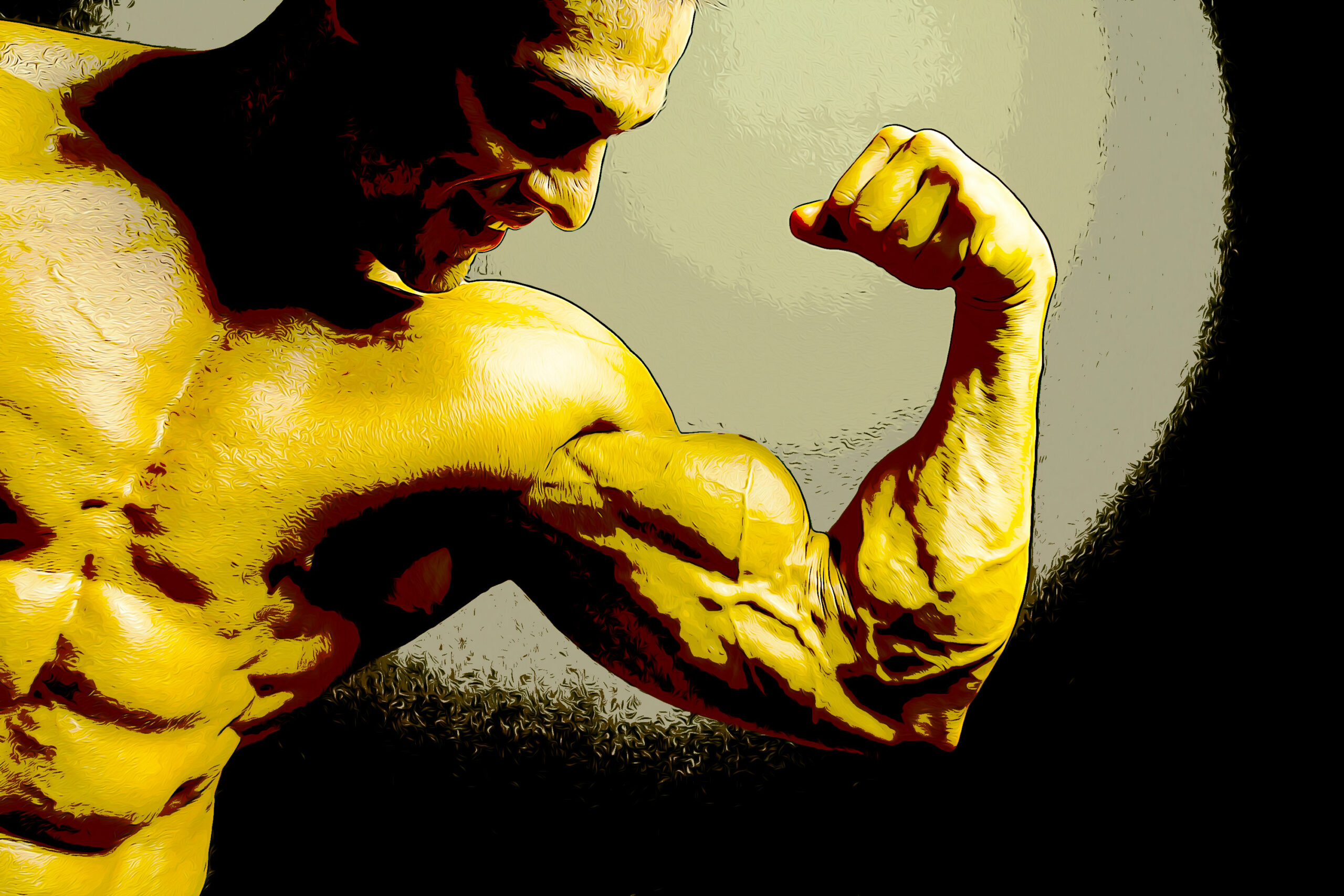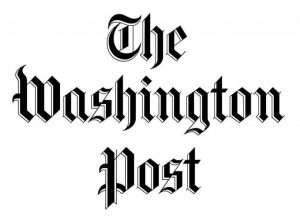Jim Manion, the leader of bodybuilding’s top federations, assured promoters who pay fees to host bodybuilding competitions that business would proceed as usual in the aftermath of a Washington Post investigation into the sexual exploitation of female contestants.
Tuesday’s story in The Post was based on interviews with 20 women who detailed their experiences with J.M. Manion, Jim Manion’s son and the official photographer for the NPC News Online website, including some who said J.M. Manion encouraged them to pose nude. Over a 15-year span, J.M. Manion operated a network of paid soft-core pornography websites that at one point advertised “over 30,000 images” of competitors in the sport, according to archived versions of the websites.
“Rest assured, this will not affect our organizations at all going forward,” the Manions wrote in an email sent to competition promoters from an NPC account and signed by Jim Manion and his grandson, Tyler Manion, vice president of the two Pittsburgh-based federations, the amateur National Physique Committee and the IFBB Pro League. The email, obtained by The Post, said the articles were “unsubstantiated tales from unreliable sources” seeking to discredit the organization.
But organizations that sponsor or host events with the NPC/IFBB Pro said they are taking their own steps to protect athletes.
Brian Powers, executive director for the Arnold Sports Festival, which includes the Arnold Classic, said his organization has a zero-tolerance policy, and in light of recent reports, “we are developing enhanced measures to strengthen existing safety protocols.”
Another official, who spoke on the condition of anonymity because that person was not authorized to speak on the record, said: “J.M. Manion will not be attending our show.”
In an email to The Post, the Olympia organization, which will hold its premier annual event in December, said it would address “any and all issues that could impact the culture and the integrity of the sport we love. We will continue to update you on these efforts in the weeks to come.”
Two prominent promoters who have put on bodybuilding shows over many years for Manion’s organizations spoke out this week about The Post’s reporting.
L. Brent Jones, who has run shows in Kentucky since 2002, sent a mass email with the subject line, “Why I resigned from the NPC and the IFBB Pro League,” saying that he resigned Oct. 17, a week before The Post published its investigation, over many of the issues covered in the story. “My reasons are simple,” he wrote in a mass email Thursday. “I am tired of the increased sexualization of the sport and the corruption.”
Approached during a show outside of Baltimore on Saturday, promoter Rich Siegelman called the allegations “disturbing” and said he had spoken to J.M. Manion, who was scheduled to be the photographer of the event, and that they had agreed that he would not come.
“These are some serious accusations and allegations, and they need to be taken seriously,” Siegelman said.
A Post review of archives of J.M. Manion’s soft-core pornography sites identified more than 200 female athletes in photos ranging from bikini shots to graphic sexual images, including those of nude women together in beds, bathtubs and showers.
The Manions’ bodybuilding empire lacks any oversight structure and athletes say there is no formal process to report misconduct against top officials, coaches, photographers, promoters or others involved in the sport, leaving them vulnerable to abuses.
“Imagine if Team USA women’s golf decided to operate a soft-porn website featuring its athletes? People would be outraged,” said John Manly, the lawyer who represented more than 180 women in a lawsuit against USA Gymnastics and the U.S. Olympic & Paralympic Committee.
“It’s really like Playboy decided to oversee a sport while at the same time using athletes for pornography,” added Manly, who won a $380 million settlement for athletes who were sexually abused by former Olympic team doctor Larry Nassar.
The National Organization for Women, the nation’s largest women’s advocacy group, called on prosecutors to open an investigation.
“Bring wrongdoers to court, and make them pay,” said Christian F. Nunes, the president of NOW. “They are not even publicly acknowledging the experiences of these women.”
In a statement to The Post before publication of Tuesday’s story, Manion said he “addresses all concerns raised with the utmost care, concern, and timeliness.”
On Friday, Manion’s lawyer responded to The Post’s story with a two-page memo titled “Defamatory Articles Involving the IFBB Professional League, the National Physique Committee, and Jim Manion.”
The letter states some sources cited in The Post’s story “possess a clear animus against my clients due to many prior disputes between the parties and/or the fact they are directly competing or seeking to directly compete against the NPC and/or IFBB Pro League,” wrote Brian H. Simmons, a Pittsburgh attorney with the firm Buchanan Ingersoll & Rooney.
Simmons added that his clients “emphatically deny any and all wrongdoing.”
The Manions’ response comes in stark contrast to how leading sports organizations deal with allegations of sexual harassment.
“The Manions have had the exact opposite response to all these other sports organizations that have been found out,” said Nancy Hogshead-Makar, an Olympic gold medalist swimmer and a lawyer who runs Champion Women, a group that advocates for girls and women in sports.
“I would expect the response would be: ‘Let’s have an investigation and stop this,’ ” she said. “They are going to continue to abuse women, and they have telegraphed that by the lack of concern they are showing.”
Manly, the lawyer who represented the gymnasts, said the women have few legal protections because they are not participating in a regulated sport entity, like an Olympic sport that falls under the Ted Stevens Act. The law requires the governing bodies of amateur Olympic sports to report any suspected sexual abuse and sexual misconduct.
Barbara Osborne, professor of sports law at the University of North Carolina Law School, said that many athletes in professional American sports are employees of the organizations they compete under, giving them Title VII protections against workplace discrimination based on sex, race, color, religion and national origin. Many professional athletes are unionized, giving them further rights and protections.






